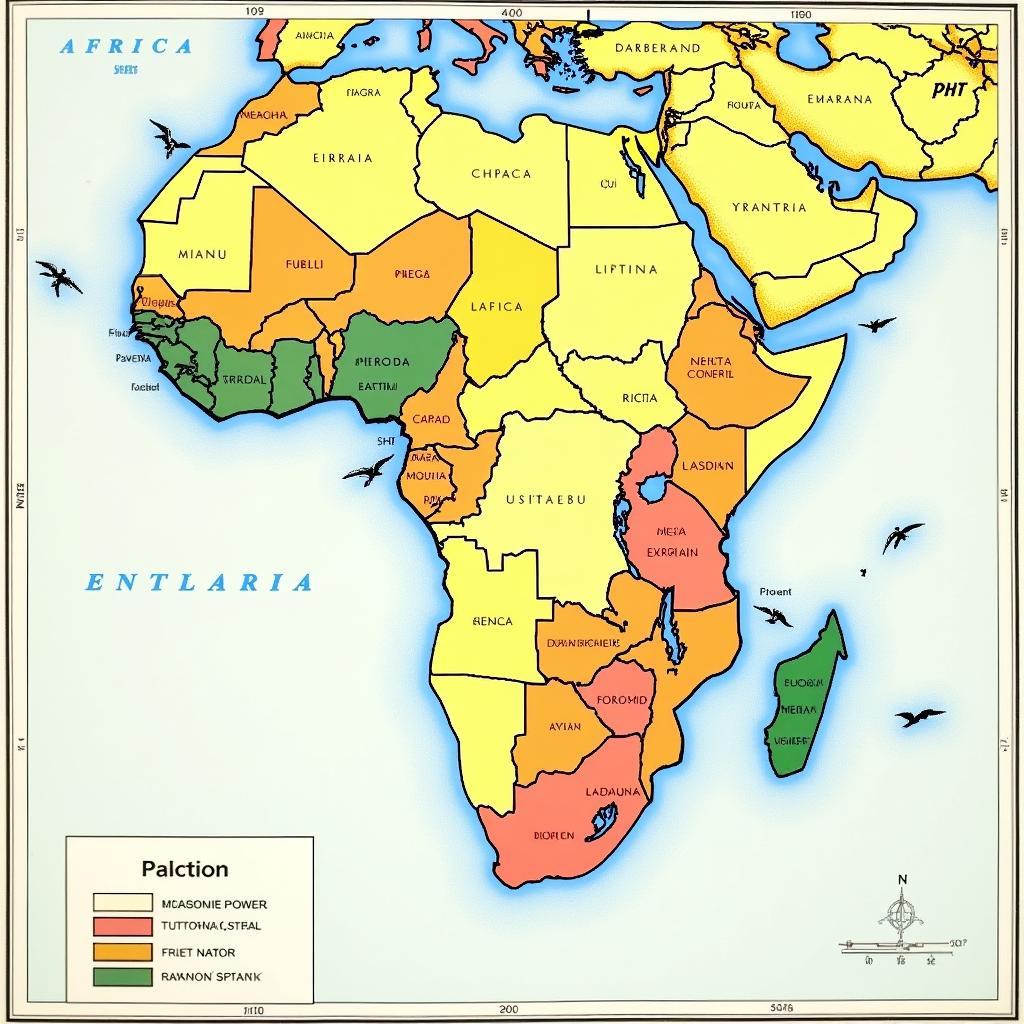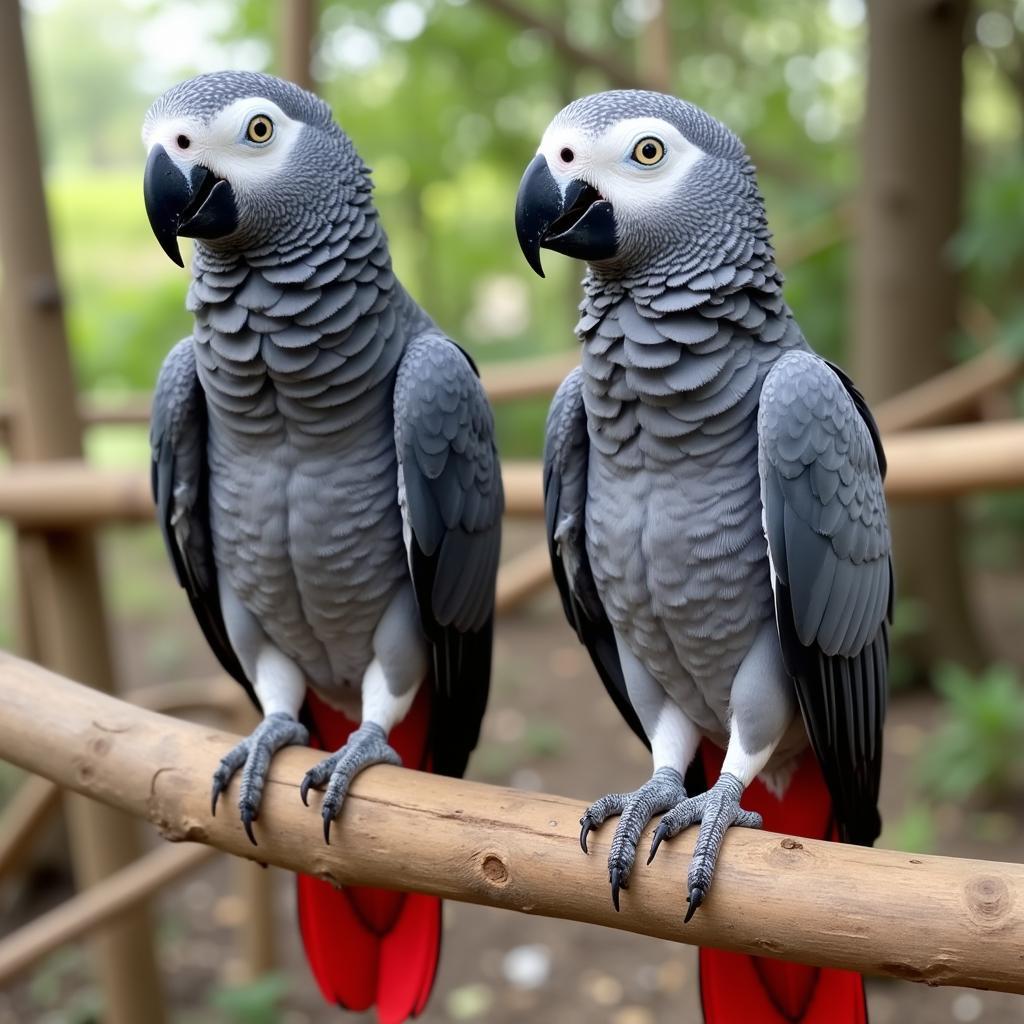Exploring the Diversity of African Language Sounds
The captivating world of African Language Sounds offers a rich tapestry of linguistic diversity. From the click consonants of the Khoisan languages to the tonal variations found across the continent, African languages present a fascinating field of study for linguists and language enthusiasts alike. This article delves into the unique characteristics, phonetics, and cultural significance of various African language sounds, highlighting their beauty and complexity.
African languages are incredibly diverse, with an estimated 2,000 distinct languages spoken across the continent. This linguistic richness reflects the vast cultural and historical tapestry of Africa. One key aspect of this diversity lies in the unique sounds employed in these languages. Let’s explore some of the fascinating features that make African language sounds so compelling.
Unique Phonetic Features of African Languages
African languages exhibit a range of phonetic features rarely found elsewhere in the world. One prominent example is the use of click consonants, characteristic of the Khoisan languages of Southern Africa. These sounds, produced by creating a vacuum with the tongue and releasing it, are unlike any sounds found in most European languages.
Tonal languages are another defining characteristic of many African languages. In tonal languages, the pitch of a syllable can change the meaning of a word. For example, in many Bantu languages, a high tone might indicate one meaning, while a low tone signifies a completely different meaning. This tonal complexity adds another layer of richness to African language sounds.
After exploring these unique aspects, it’s clear that African languages offer a fascinating glimpse into the intricate world of human communication. For a broader introduction to African languages, check out African languages an introduction.
The Cultural Significance of African Language Sounds
The sounds of African languages are deeply intertwined with the cultural identities of their speakers. Language is not simply a tool for communication; it is a vessel of cultural knowledge, history, and tradition. The unique sounds, rhythms, and intonations of African languages contribute to the rich tapestry of storytelling, music, and oral traditions that have been passed down through generations.
For example, the tonal variations in many African languages often lend themselves to musical expression. The rise and fall of tones can create a melodic quality in speech, blurring the lines between language and music. This inherent musicality is reflected in the vibrant musical traditions found across the continent.
Moreover, many African languages possess a wealth of onomatopoeic words, which mimic the sounds of nature or everyday objects. These words not only enrich the language but also provide a deeper connection to the surrounding environment.
Exploring African Language Families and Sounds
The vast number of African languages can be categorized into several major language families. The Niger-Congo family, the largest language family in Africa, includes languages like Swahili, Yoruba, and Zulu. The Afro-Asiatic family encompasses languages such as Arabic, Somali, and Hausa. Each language family exhibits its own unique set of phonetic features, contributing to the overall diversity of African language sounds. Are you interested in discovering more about African hip hop? Check out African hip hop.
Understanding these language families can provide a framework for exploring the various sound systems found across the continent. For instance, Bantu languages, a subgroup of the Niger-Congo family, are known for their complex noun class systems and their use of tone. Khoisan languages, on the other hand, stand out for their unique click consonants.
Conclusion: A Sonic Journey Through African Language Sounds
The world of African language sounds is a testament to the incredible linguistic diversity of the continent. From click consonants to tonal variations, these sounds offer a fascinating glimpse into the richness of human communication. By exploring the unique phonetics and cultural significance of African language sounds, we gain a deeper appreciation for the diverse cultures and histories they represent.
FAQ
-
What are click consonants?
Click consonants are sounds produced by creating a vacuum with the tongue and releasing it. -
What are tonal languages?
Tonal languages are languages in which the pitch of a syllable can change the meaning of a word. -
What is the largest language family in Africa?
The Niger-Congo family is the largest language family in Africa. -
What are some examples of Khoisan languages?
Some examples of Khoisan languages include !Xóõ, Juǀʼhoan, and ǃKung. -
How many languages are spoken in Africa?
An estimated 2,000 distinct languages are spoken across Africa. -
What is the significance of African language sounds in music?
The tonal variations and rhythmic patterns of many African languages contribute to the unique musical traditions of the continent. -
How can I learn more about African languages? You can find information on African baby girl names meaning princess here: African baby girl names meaning princess. You can also find African grocery store near me or even read about 25 amazing facts about African elephants.
For further support, contact us at Phone Number: +255768904061, Email: kaka.mag@gmail.com Or visit us at: Mbarali DC Mawindi, Kangaga, Tanzania. We have a 24/7 customer service team.




